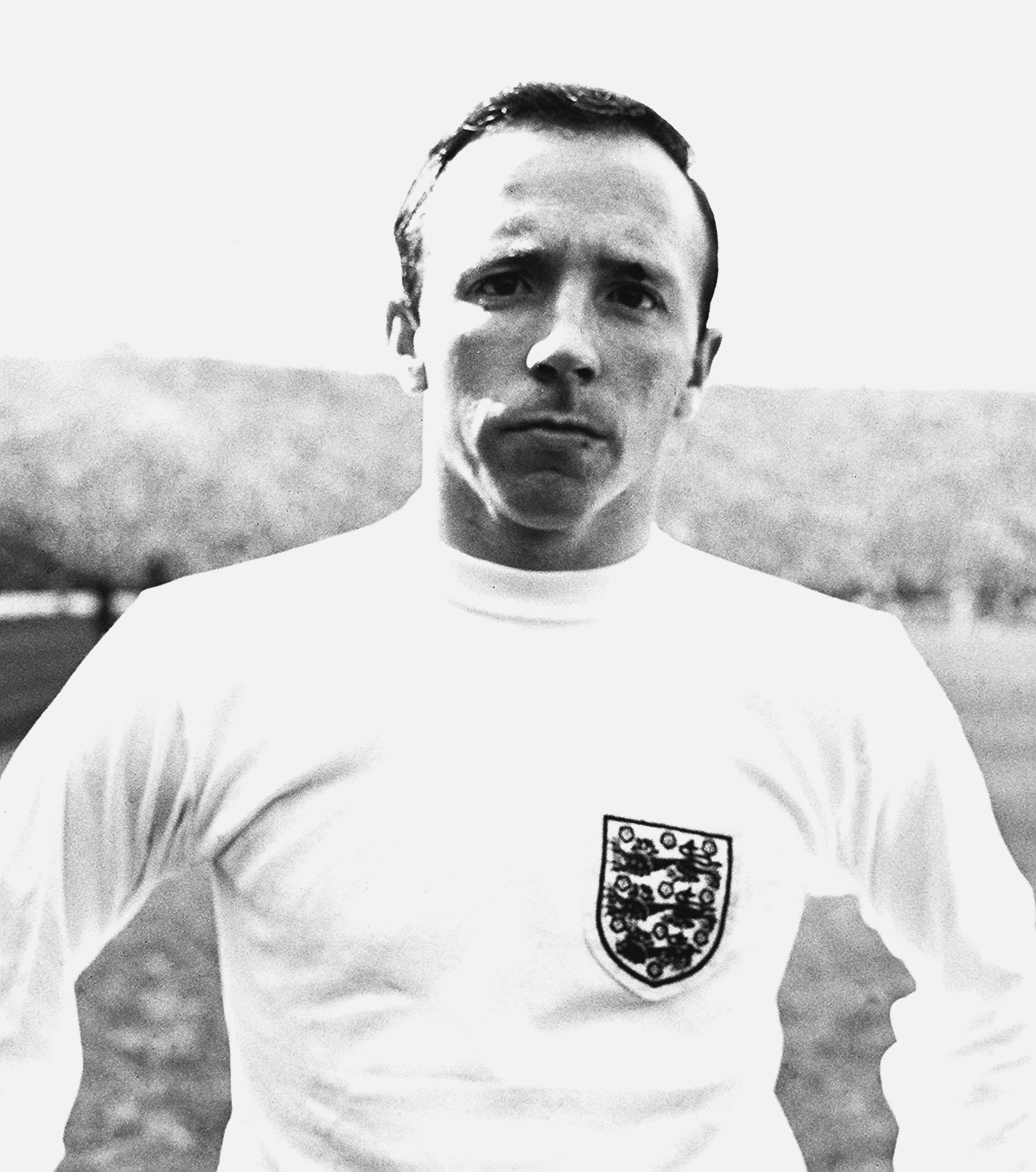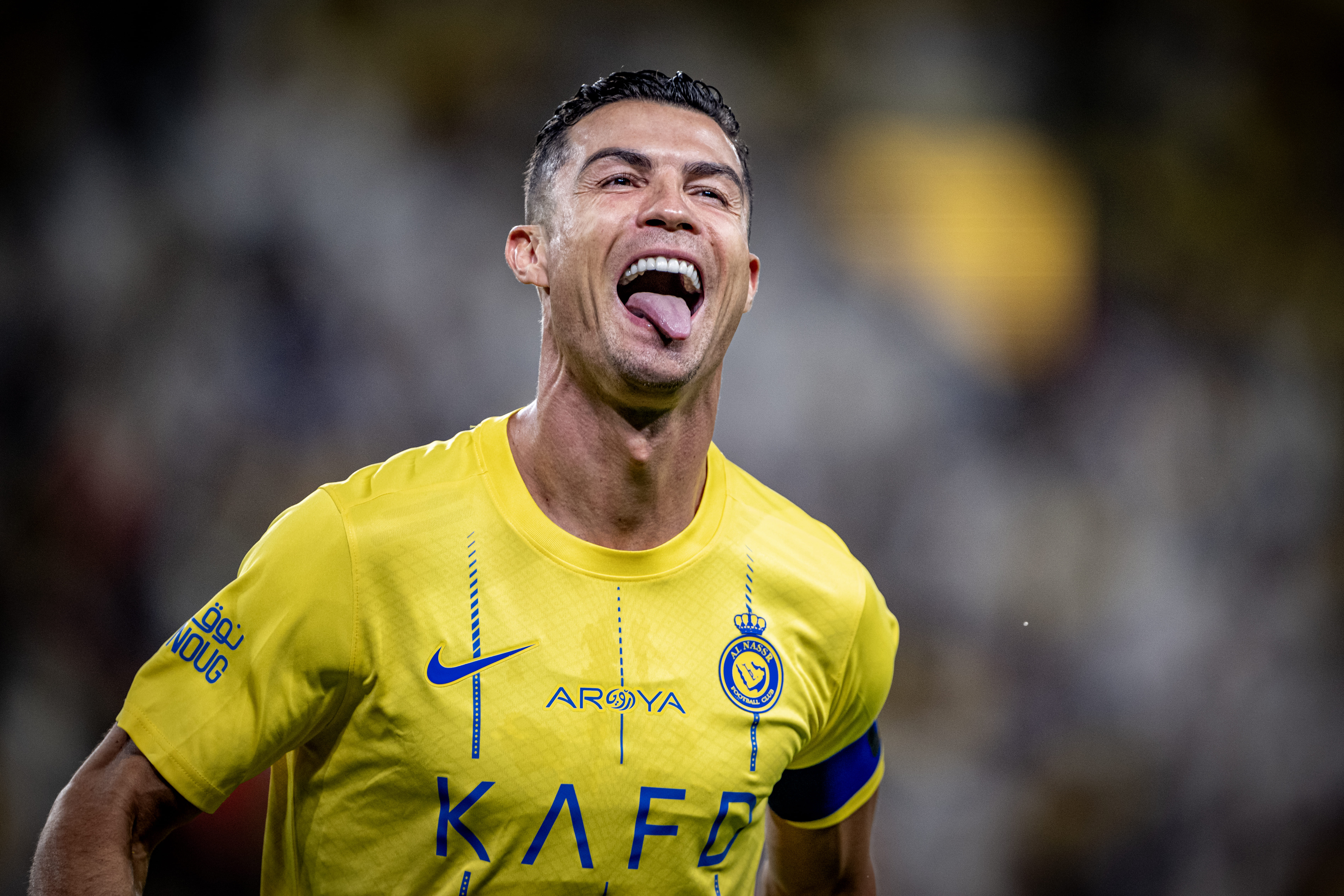Former players are suffering and need help now, says Nobby Stiles’ son

Nobby Stiles’ son has backed calls to look at the amount of heading professional players do in training and believes the game should not wait for a link between heading and dementia to be established beyond any doubt before helping former footballers who are suffering now.
Former Manchester United and England midfielder Stiles died aged 78 last month. He had dementia and prostate cancer.
His death, and the news that his team-mate Sir Bobby Charlton had also been diagnosed with dementia, has brought the issue of head impacts in the game and an increased risk of neurodegenerative disease back into the spotlight.
Professor Willie Stewart, whose FIELD study last year found footballers were three-and-a-half times more likely to die of neurodegenerative disease than age-matched individuals from the general population, has backed calls to restrict heading in training at all levels in the game, not just among children.
Absolutely spot on from @chris_sutton73 and all players should back this. There’s absolutely no reason to head the ball in training. I headed it a lot in my teenage years (which worries me) but very rarely after that as it seemed unwise. Only ever in games. https://t.co/fco9VBmnv6— Gary Lineker (@GaryLineker) November 18, 2020
He has been joined in those calls by campaigner Dawn Astle and former England striker Gary Lineker, and now Stiles’ son John has also spoken out.
“They should think very carefully about the amount of headers they do in football, particularly in training,” he told the PA news agency.
“But my big problem is that whilst they’re waiting for the proof as they have been for years, the players who are suffering are getting very, very little help.
The best features, fun and footballing quizzes, straight to your inbox every week.
“They shouldn’t have to wait until it’s proved absolutely, 1,000 per cent, categorical, they should be giving them the help now. There are so many of them and there is enough money in football to take care of them.”
The chief medical officer of world players’ union FIFPRO, Dr Vincent Gouttebarge, says more “robust” proof is required before making any significant changes to the game at the top level.
He told PA: “As long as we do not have the scientific evidence to change things in a legitimate way then there is no reason to change.
“We need to have more robust evidence in order to make a decision.
“I know in the UK you have referred to the very good study from Professor Willie Stewart, but I looked at the study again this morning and I didn’t see the words ‘heading’ or ‘concussion’ mentioned one time in this study.
“Based on that study a lot of media in the UK made the conclusion that heading the ball or concussion led to dementia, and I don’t think this is a very thorough conclusion.
“I don’t think we have the scientific evidence with this study that there is a causal relationship between heading the ball, concussion and dementia.”
FIFPRO is involved in a 10-year study which will track players from the latter part of their playing careers and on into the first years of retirement and look for neurocognitive, cardiovascular and musculoskeletal changes. The union has also been very vocal in advocating a 10-minute assessment period for suspected concussions, arguing that the current three-minute period is insufficient.
FIFPRO statement on concussion plans following @TheIFAB meeting:"We are concerned that player health is not being treated as an urgent priority."https://t.co/mGoyGnXk7Zpic.twitter.com/qr66QLVsj4— FIFPRO (@FIFPro) March 2, 2020
Lineker backed the call for a wider reduction on heading in training, writing on Twitter: “There’s absolutely no reason to head the ball in training. I headed it a lot in my teenage years (which worries me) but very rarely after that as it seemed unwise. Only ever in games.”
Professor Stewart spoke to PA in January about whether he felt there was a link between football activity such as heading and concussion and the increased risk of developing dementia.
“We haven’t got the cast-iron evidence of direct causality but what we have is more than enough evidence, adding up over the decades and right up to the FIELD study, which says there’s a strong association between contact sports and the development of dementia,” he said.
“And when we look at what is the common factor, exposure to head injury and head impact is the one thing that stands through.
“Now there may be other things we haven’t yet recognised, but Lord knows we’ve been working hard to identify them and we haven’t yet identified them.”
Astle, whose father Jeff’s death was ruled by a coroner in 2002 to be as a result of a brain injury sustained through repeated heading of a ball, is reported to have been asked to join a working group set up by the Professional Footballers’ Association and the PFA Charity to look at how the game can better support and protect current and former players.
The PFA said the Neurodegenerative Disease Working Group (NDWG) would “help define the union and charity’s future support provisions for former footballers with neurodegenerative conditions”.
Meanwhile, a legal action over brain injuries allegedly caused in football and other contact sports has begun, the lawyers involved have confirmed.
It is aiming to secure compensation for former athletes and to bring about reform of current practices to better protect current and future professionals.
The action, which it is understood is likely to be against the Football Association and potentially other bodies, is being led by Nick De Marco QC of Blackstone Chambers and personal injury specialists John Foy and James Byrne of 9 Gough Chambers.
De Marco said: “The litigation is still in its early stages and we still want to hear from professional sports players. Nonetheless, the stories emerging tell us of a pattern of silent suffering caused by life-changing and sadly often fatal brain injury conditions, that underlies that this is a serious endemic issue.
“The science proving the link between repeated blows to the head and brain injury has been around for many years. A key question the courts will be interested in is whether football, and other contact sport regulators, have taken timely and proper steps to prevent the injuries we are seeing.”
World governing body FIFA said: “As far as brain injuries in football are concerned, FIFA takes its responsibility very seriously as protecting the health of players is – and will remain – a top priority in developing the game.”
 Join The Club
Join The Club





